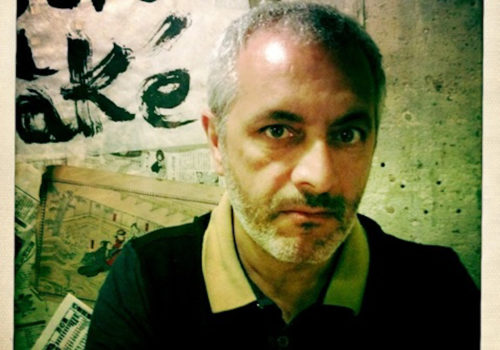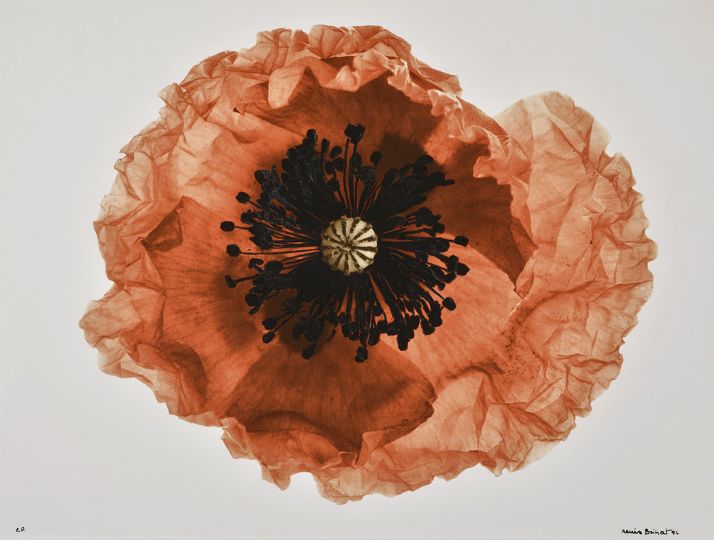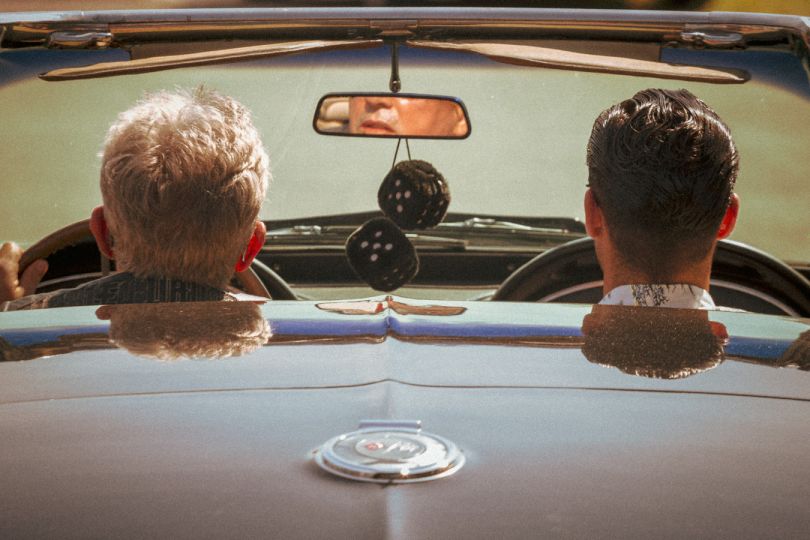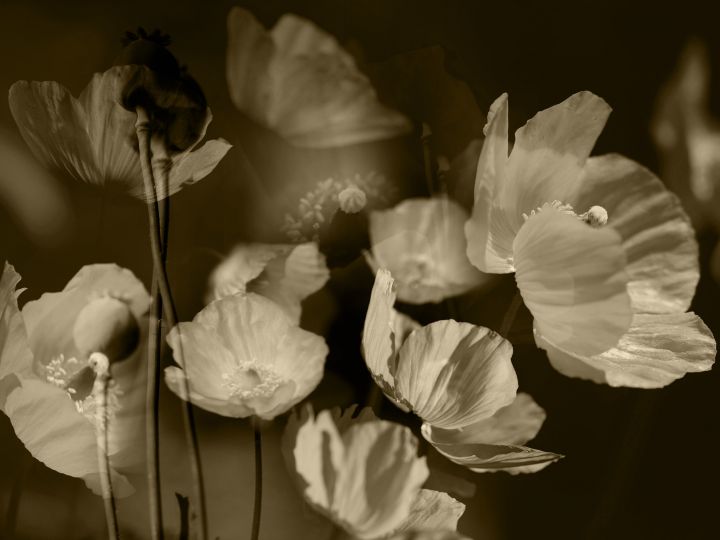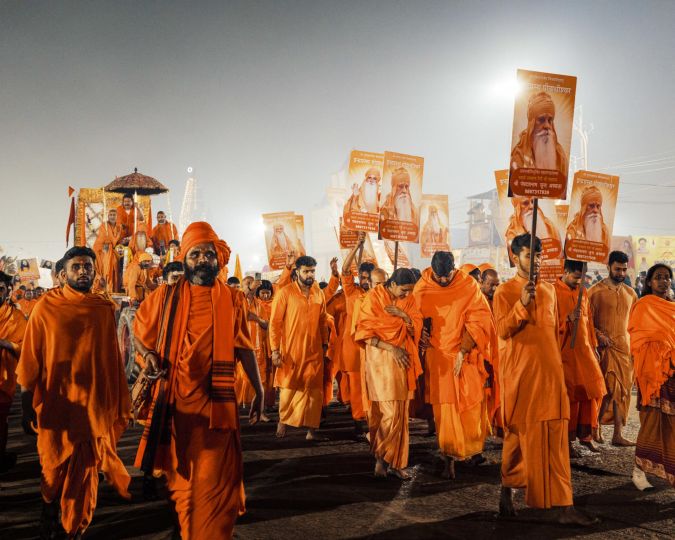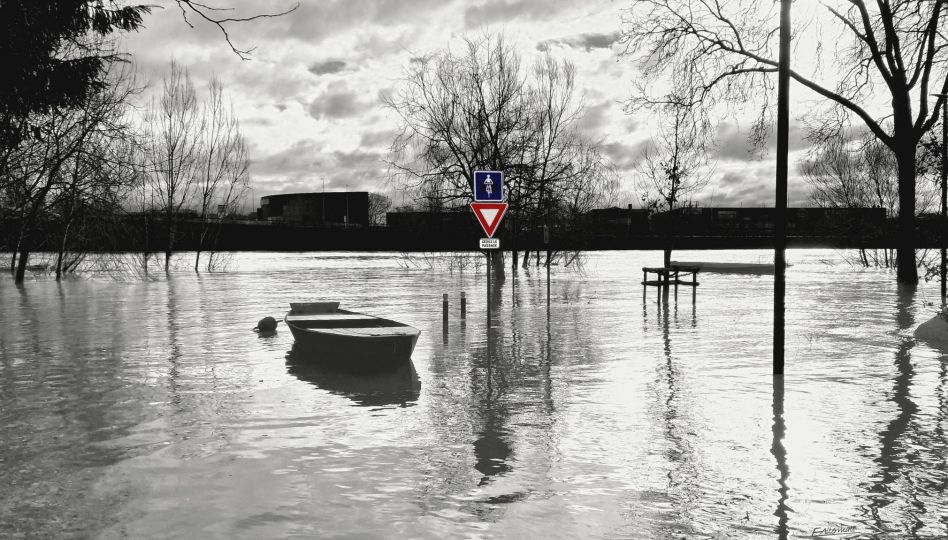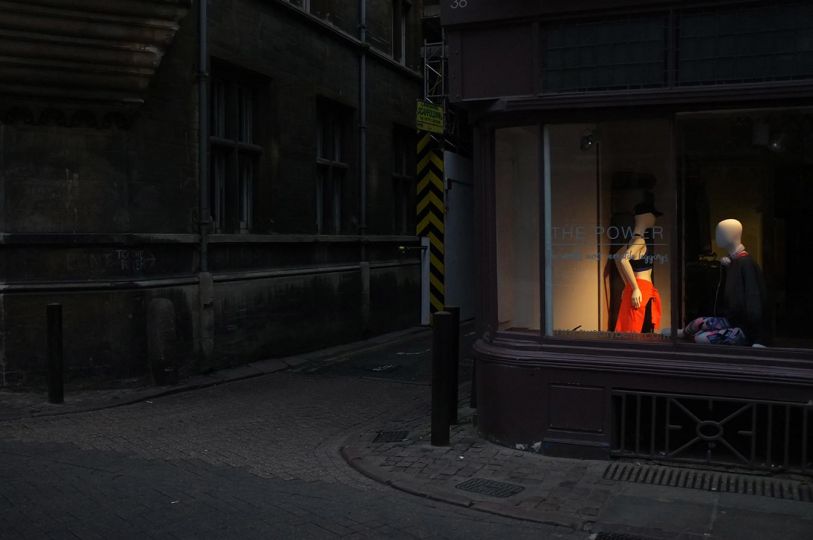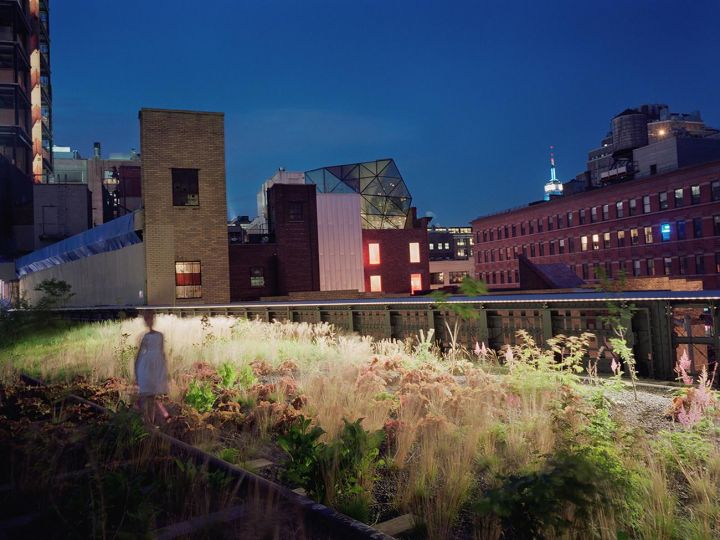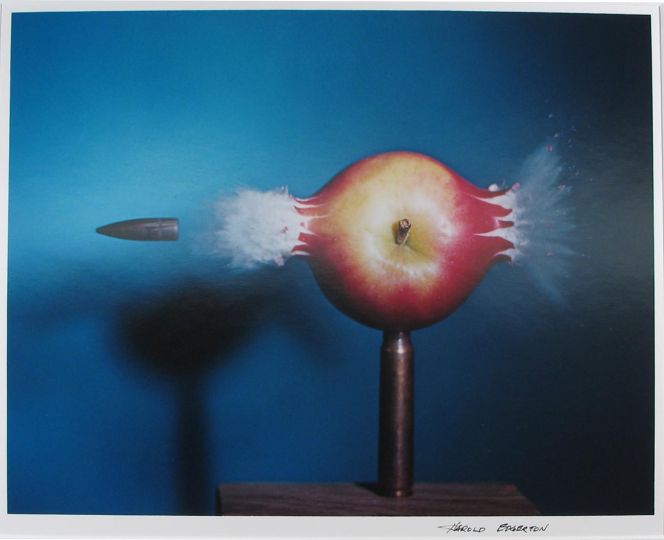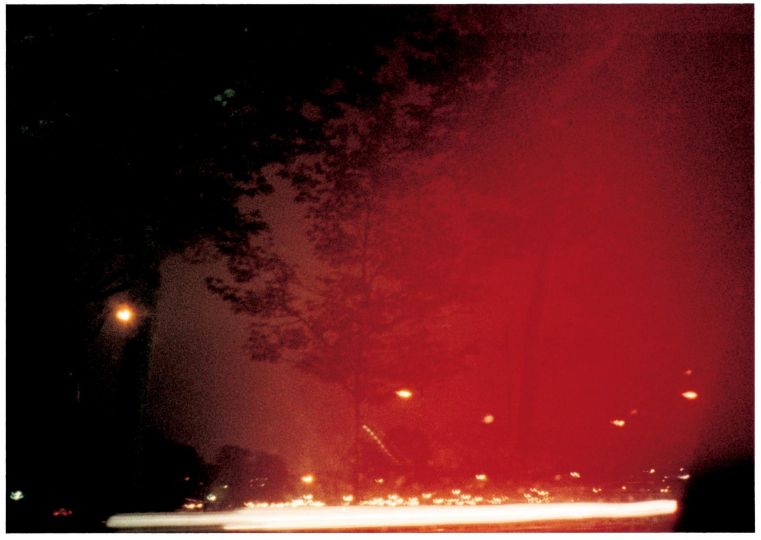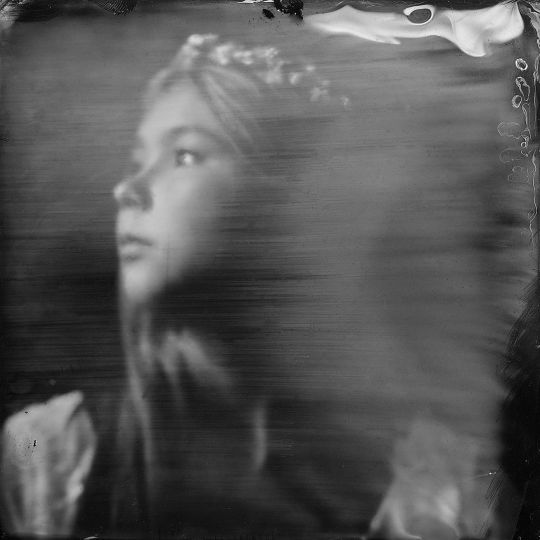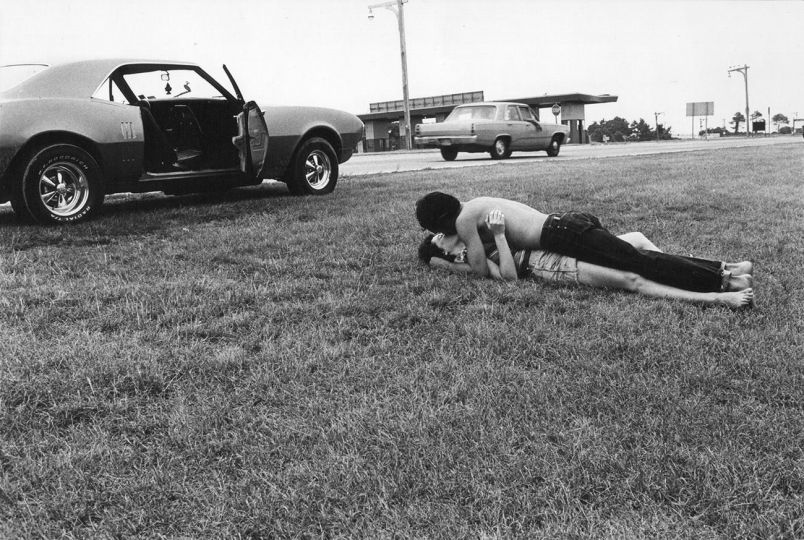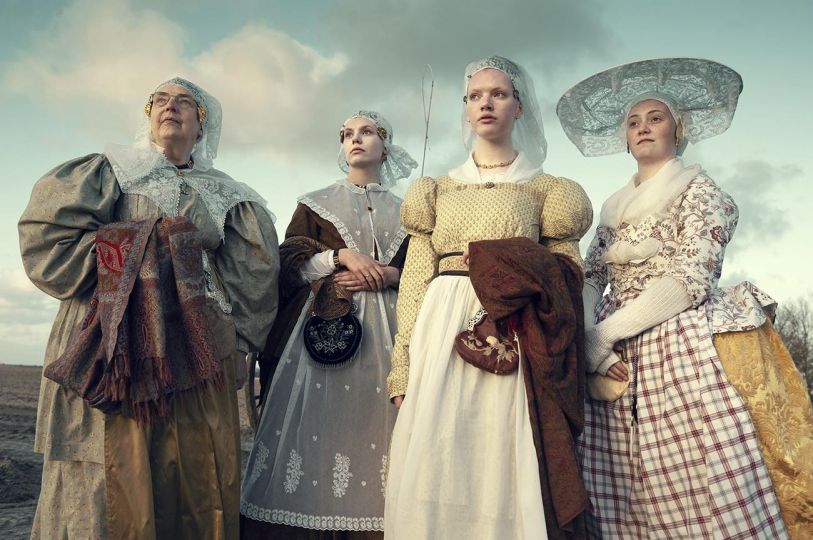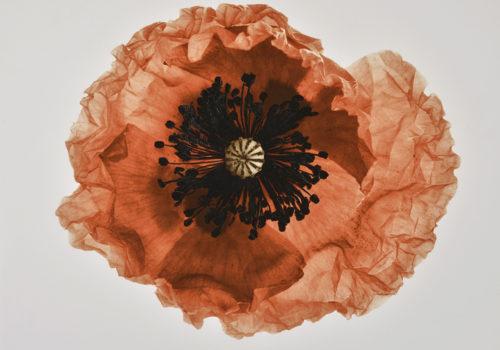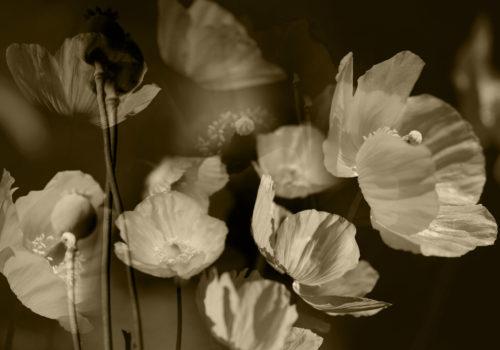How did you become an agent?
Madé :Through a combination of a particular course of studies at the end of the 80s, a photo club in the Parisian suburb of Creteil, taking pictures and attending workshops with professional photographers. A group of friends wanted to create a cultural magazine (like Rolling Stone and Interview), we needed money for the project, so naturally I approached advertising agencies. That’s how I discovered the profession and how it was possible to represent artists and put their talents to the service of brands.
What is your philosophy?
M : I try to discover and stand up for talent without perverting it too much.
How did you put together your team?
M : Through chance encounters. At first, most of my photographers were portrait artists, then I moved more towards fashion, which is a fields of experimentation, and then of course I started doing more with beauty products and still life. What’s most important for me it to find a talented person with a unique approach.
If you hadn’t been an agent?
M : I would have liked to work in radio or cinema.
What are some projects that you’re proud of?
M : The most recent is a long project with Charles Fréger for Lacoste. He’s an artist I’ve represented for six years. Fréger is the rare instance of a photographer from the gallery world to whom the fashion world is now paying interest.
What do you think about the current state of commercial photography and its future?
M : In times of crisis, advertisers take no risks: they want to see a product visible on the image. This tends to lead to a uniformity of styles. Art directors need to take more control.
Do you have any recommendations for young photographers?
M : Be unique. Study the history of photography, then forget what you learned if you want to innovate and not just do.
What do you see as the current trends in photography?
M : Digital is everywhere but it remains cold and rigid. I believe that fashion photography is the crucible of formal research.
Do you think that people support contemporary photography in France?
M : Yes, a number of festivals (Lectoure, Sète, Paris Photo, Circulation(s), Arles) and blog and young publishers are doing their all to share this passion.
The world experience has changed drastically. Its representation has evolved. Has digital become inevitable in the creative photographic process?
M : Not necessarily indispensable, but it would be foolish not to use it, and I’m sure that we have yet to discover all of its creative possibilities.
Read the full article of the French version of L’Oeil de la Photographie.
Interview by Séverine Morel
REPRESENTATION
http://www.eyemade.com/
GALLERY
http://galeriemade.com/
SYNDICATION
http://readymade-images.com/

